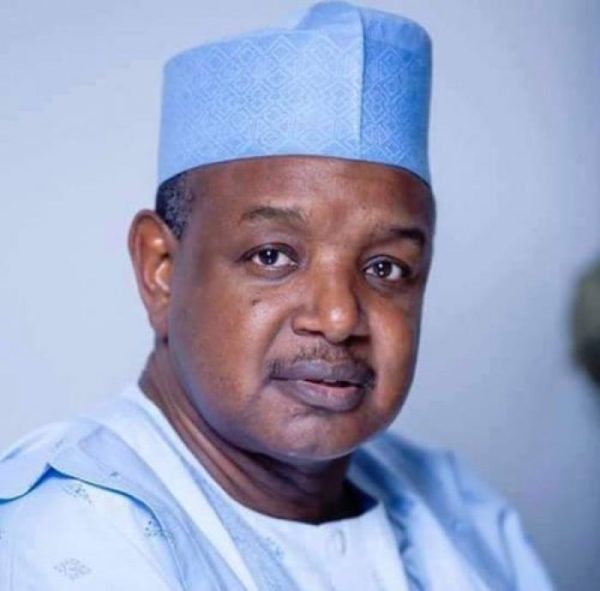Kebbi State Governor Atiku Bagudu on Thursday argued that mapping out grazing routes will help to identify the scale of the herder-farmer crisis.
President Muhammadu Buhari recently ordered a committee to review 368 grazing sites across 25 states in the country to determine the levels of encroachment.
Critics have faulted the President’s directive, noting that ranching is a more viable alternative to open grazing.
But, speaking on Channels Television’s Politics Today, Mr Bagudu said the President’s directive does not preclude the idea of ranching.
“The committee is to identify grazing routes and work with states and map them. It is not to recover grazing routes, it is to identify the scale of the problem,” Mr Bagudu said.
“Mr President is interested in an audit of grazing reserves. It is a voluntary and collaborative thing with the states.
“People say we have spoken about ranching. Yes, but what is a ranch? Ranching does not take place in the air, it takes place on a piece of land.
“Ranches are as big as grazing reserves. In some countries like Australia, some ranches are bigger than some Nigerian states.
“So how do you know what’s available, what can be supported to host those roving, herding communities who need help to modernize?

Shared public interest
When asked why the President appeared to have taken a special interest in helping herders modernize since it is a private business, Mr Bagudu said the issue is a “shared public interest.”
“We have interest historically to make our farmers do better,” he said. “That’s why we have all kinds of programs and extension services, so our farmers can do better. And it is a desirable public goal.
“So, historically, we have invested more in the farming sector, to the disadvantage of both fishing and animal husbandry.
“We want to help them (herders) modernize, so Nigeria can benefit and generate more value from this important sector.
“If we can support those in the banking sector with five trillion to save the banks from collapsing, I don’t think we are doing any disservice to support our farmers, support millions in the animal husbandry sector and support our fishing communities as well.”



